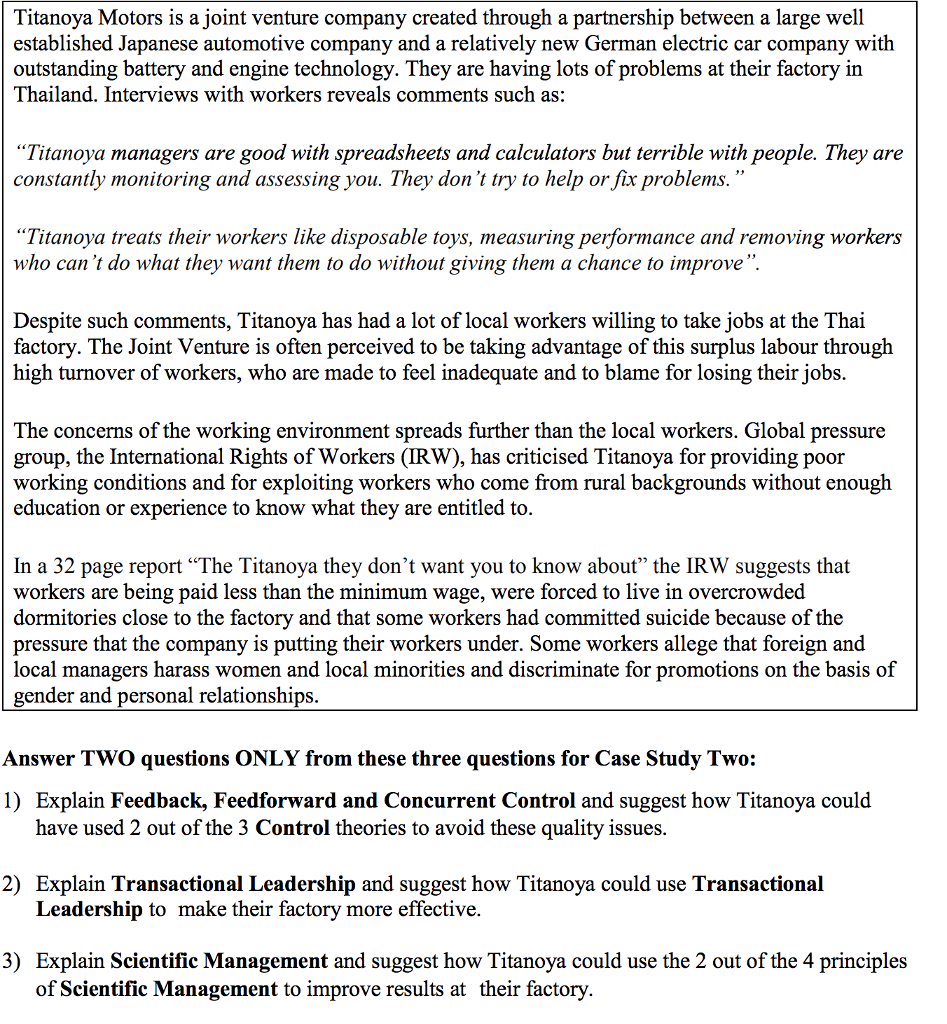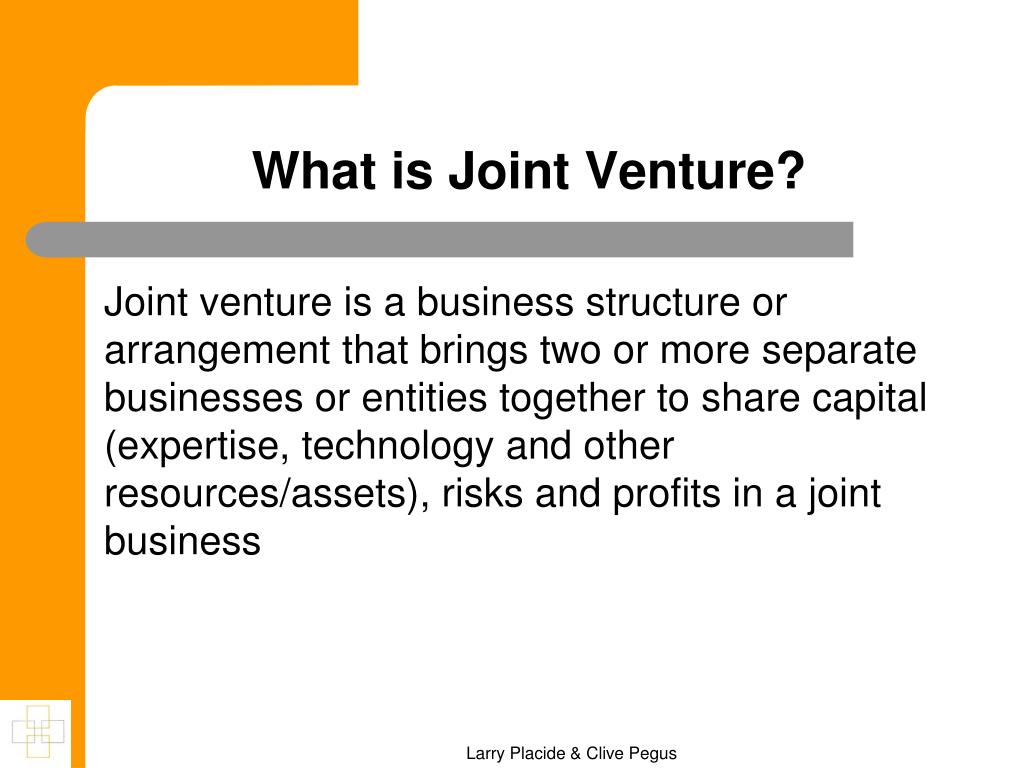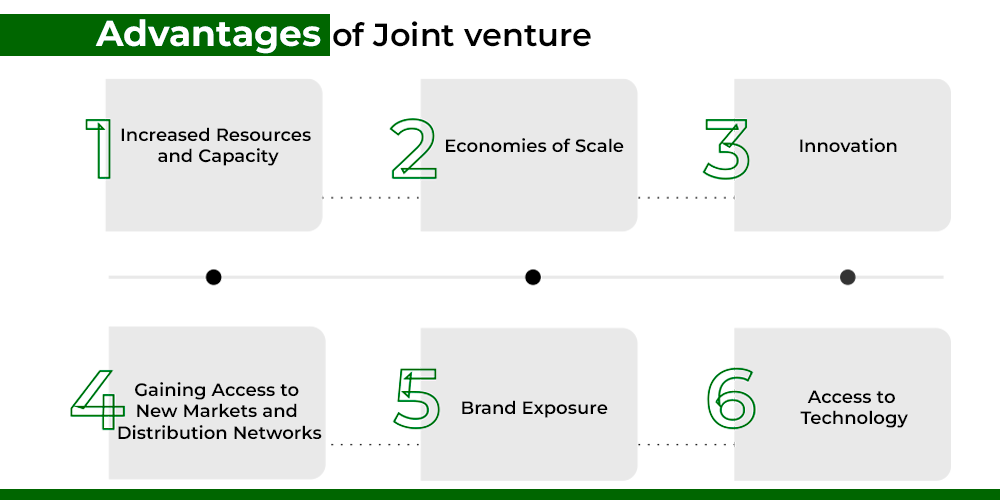

īefore assessing whether an entity has joint control over an arrangement, an entity first assesses whether the parties, or a group of the parties, control the arrangement (in accordance with the definition of control in IFRS 10 Consolidated Financial Statements). Joint control is the contractually agreed sharing of control of an arrangement, which exists only when decisions about the relevant activities require the unanimous consent of the parties sharing control. the contractual arrangement gives two or more of those parties joint control of the arrangement.Ī joint arrangement is either a joint operation or a joint venture.the parties are bound by a contractual arrangement, and.Ī joint arrangement has the following characteristics: Joint arrangement An arrangement of which two or more parties have joint control Joint control The contractually agreed sharing of control of an arrangement, which exists only when decisions about the relevant activities require the unanimous consent of the parties sharing control Joint operation A joint arrangement whereby the parties that have joint control of the arrangement have rights to the assets, and obligations for the liabilities, relating to the arrangement Joint venture A joint arrangement whereby the parties that have joint control of the arrangement have rights to the net assets of the arrangement Joint venturer A party to a joint venture that has joint control of that joint venture Party to a joint arrangement An entity that participates in a joint arrangement, regardless of whether that entity has joint control of the arrangement Separate vehicle A separately identifiable financial structure, including separate legal entities or entities recognised by statute, regardless of whether those entities have a legal personality Joint arrangementsĪ joint arrangement is an arrangement of which two or more parties have joint control.

The core principle of IFRS 11 is that a party to a joint arrangement determines the type of joint arrangement in which it is involved by assessing its rights and obligations and accounts for those rights and obligations in accordance with that type of joint arrangement.


Post-implementation review - IFRS 10, IFRS 11, and IFRS 12.IFRS 11 superseded SIC-13 Jointly Controlled Entities - Non-Monetary Contributions by VenturersĪmendments under consideration by the IASB.Project on joint arrangements added to the IASB's agendaĮxposure Draft ED 9 Joint Arrangements publishedĮffective for annual periods beginning on or after 1 January 2013Īmended by Consolidated Financial Statements, Joint Arrangements and Disclosure of Interests in Other Entities: Transition GuidanceĪmended by Accounting for Acquisitions of Interests in Joint Operations (Amendments to IFRS 11)Įffective for annual periods beginning on or after 1 January 2016Īmended by Annual Improvements to IFRS Standards 2015–2017 Cycle.Įffective for annual periods beginning on or after 1 January 2019.


 0 kommentar(er)
0 kommentar(er)
